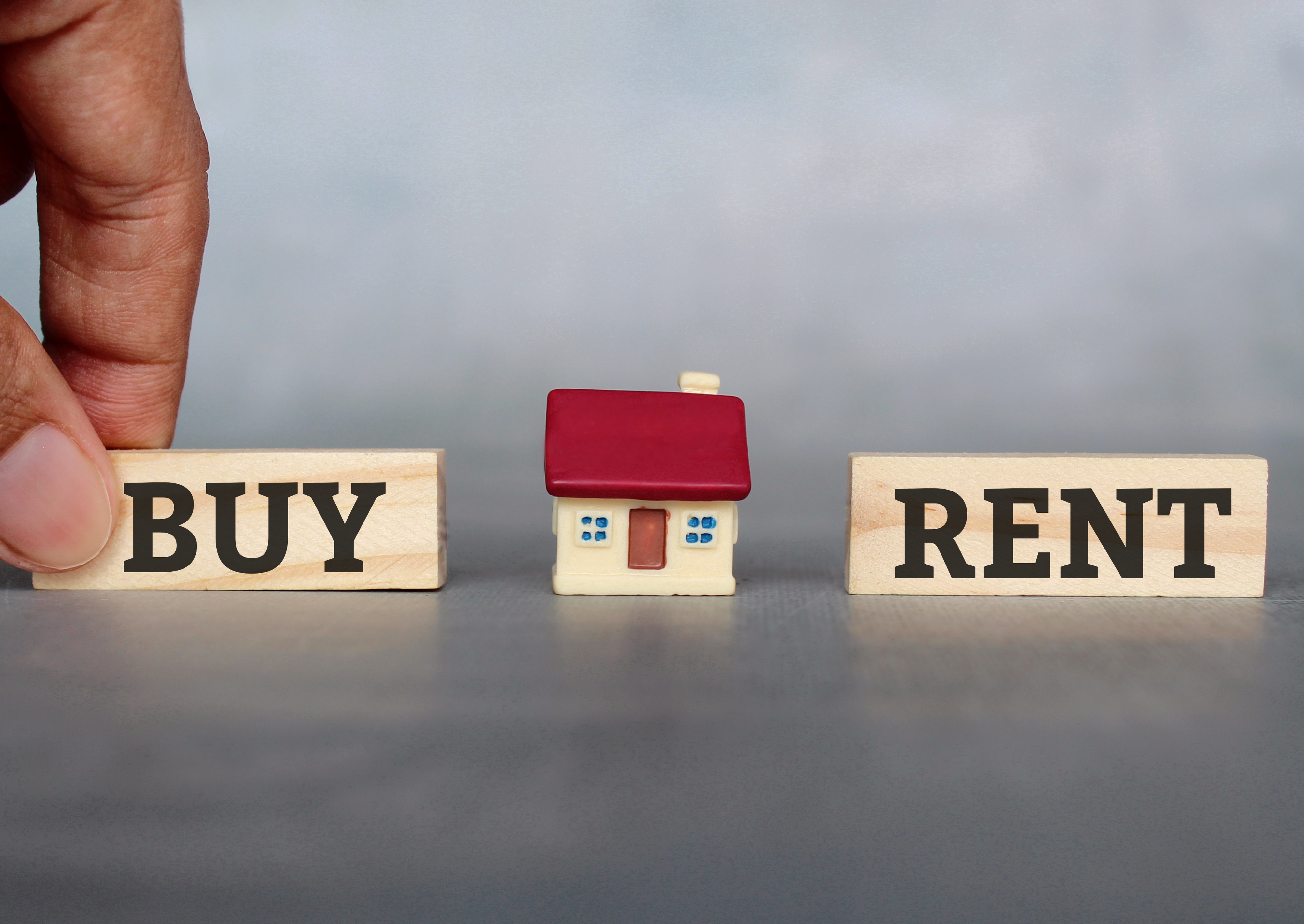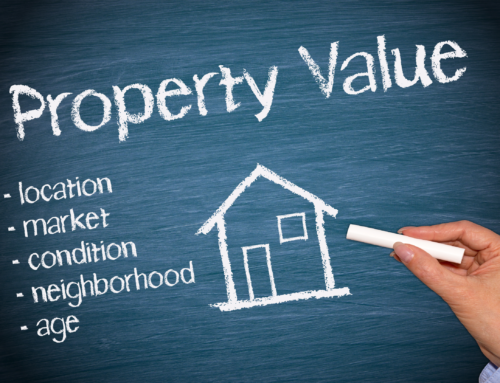Renting vs. Buying: Making an Informed Housing Decision
One of the biggest decisions individuals face when it comes to housing is whether to rent or buy a home. Both options have their merits, and understanding the advantages and considerations of each is essential in making an informed choice. In this article, we’ll explore the key factors to consider when deciding between renting and buying a home, helping you navigate this important decision.
Financial Considerations:
One of the primary factors to evaluate is the financial aspect. Renting typically involves lower upfront costs, as there’s no need for a substantial down payment or mortgage. Renters may have the flexibility to allocate their finances towards other investments or goals. However, buying a home can be a valuable long-term investment, with potential benefits such as building equity and potential tax advantages.
Monthly Costs:
Comparing monthly costs is crucial in determining affordability. While rent payments are fixed and subject to potential increases over time, homeownership comes with mortgage payments, property taxes, insurance, and maintenance costs. However, homeowners have the advantage of building equity over time, which can contribute to long-term financial stability.
Lifestyle Flexibility:
Renting offers more flexibility for individuals who prioritize mobility and frequently changing locations. It allows for easier relocation and doesn’t require the commitment and responsibilities associated with homeownership. On the other hand, buying a home provides a sense of stability, control over the property, and the ability to personalize and make long-term decisions about the space.
Maintenance and Repairs:
Maintenance and repairs are typically the responsibility of the landlord when renting. This can be convenient for those who prefer to avoid the time, effort, and costs associated with home maintenance. However, homeowners have the freedom to make improvements, renovations, and adjustments according to their preferences and needs, adding value to the property over time.
Market Conditions and Appreciation:
Understanding the local real estate market is crucial when considering homeownership. In a market with high appreciation rates, buying a home can be a wise investment that allows individuals to benefit from increased property values over time. However, market conditions can be unpredictable, and it’s important to consider the potential risks associated with fluctuations in property values.
Long-Term Goals:
Consider your long-term goals and aspirations when deciding between renting and buying. If you plan to settle in a specific area for a longer duration, buying a home may provide stability, potential financial benefits, and the opportunity to create a sense of community. Renting may be more suitable if you value flexibility, have uncertain future plans, or prefer to avoid the responsibilities of homeownership.
Personal Preferences and Priorities:
Ultimately, personal preferences play a significant role in the renting vs. buying decision. Consider factors such as desired location, the size of the property, amenities, and the overall lifestyle you envision. Evaluate how renting or buying aligns with your current and future needs, financial situation, and personal values.
Conclusion:
The decision between renting and buying a home requires careful consideration of various factors. Analyze your financial situation, lifestyle preferences, long-term goals, and the local real estate market conditions. Both options have their advantages, and what works best for one person may not be ideal for another. By weighing the pros and cons, you can make an informed decision that aligns with your unique circumstances and sets the foundation for your housing journey.







